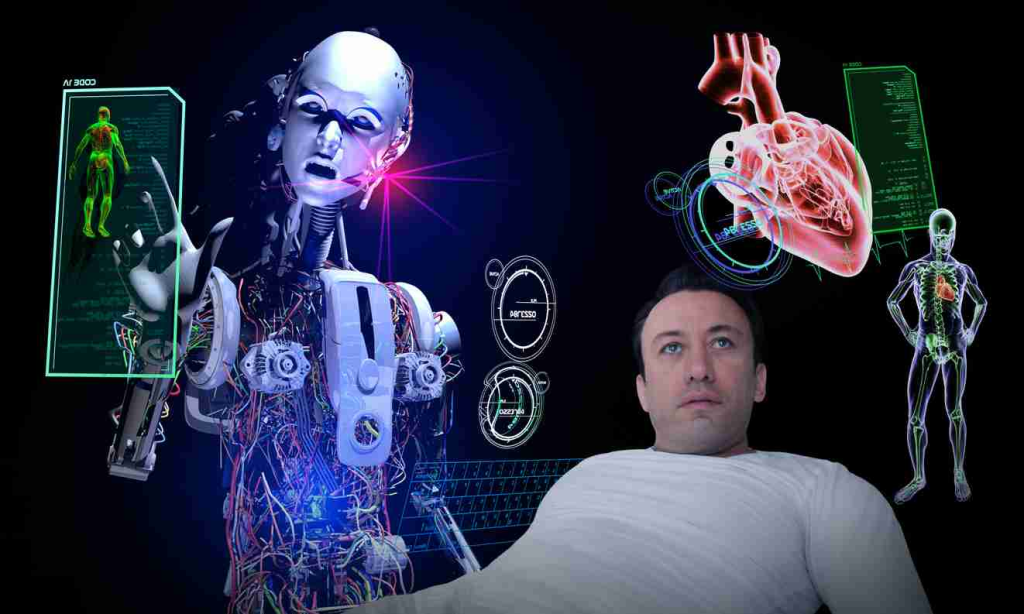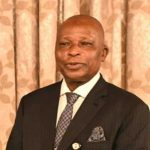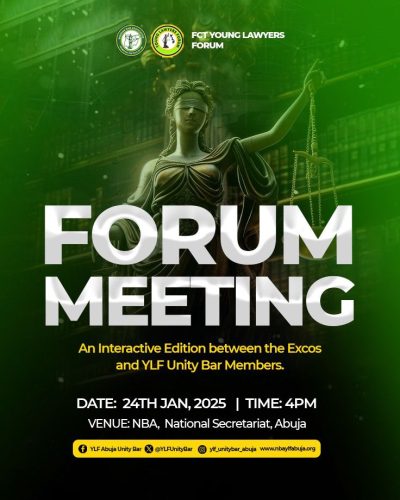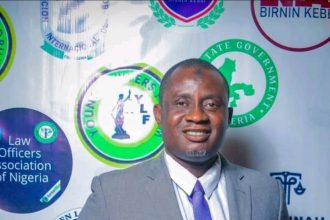Public health practitioners, represented by the Health Promotion and Education Alumni Association of the Ibadan College of Medicine (HPEAAICM), have warned Nigerians about the dangers of relying on artificial intelligence (AI) for self-diagnosis and medical prescriptions. They emphasised that such practices could pose serious health risks.
During the opening of their two-day Annual General Meeting and Scientific Conference themed “Artificial Intelligence and Innovations in Public Health” in Ibadan, stakeholders expressed concern over the rising trend of individuals seeking medical advice online instead of consulting qualified healthcare professionals.
They cautioned that AI-generated prescriptions may overlook important medical histories, potentially resulting in harmful consequences.


Key Updates:
- Call for Responsible AI Use: Dr. Bright Orji, the President of HPEAAICM, highlighted the necessity of moderation in AI usage within public health contexts. He stated that while AI offers numerous benefits, it must be regulated to prevent misuse. The conference aimed to educate stakeholders about the potentials and pitfalls of AI in public health.
- The Dangers of AI Hallucination: Professor Emmanuel Otolorin, President of the Ibadan College of Medicine Alumni Association (ICOMAA) Worldwide, warned that AI could generate false information, known as “hallucination.” He urged the public to not view AI as infallible and reminded healthcare professionals that AI cannot substitute their expertise.
- Regulatory Oversight: The Nigeria Medical and Dental Council has pledged to take strict action against any medical professionals who err due to overreliance on AI. Professor Otolorin stressed the importance of medical education in diagnosing and treating patients, asserting that healthcare workers must not shift responsibility to AI systems.
- Public Caution Advised: Both Professor Otolorin and Dr. Orji cautioned the public about the risks of treating online searches as reliable medical advice. They noted that relying on platforms like Google for health issues could lead to serious misdiagnoses, particularly in a context where pharmacies may dispense medications without prescriptions.
- Timeliness of the Conference Theme: The Provost of the College of Medicine, Professor Temidayo Ogundiran, remarked on the relevance of the conference theme, underscoring the need for Nigeria to keep pace with advancements in AI technology.
- Emphasising Human Elements in Health: Dr. Mojisola Oluwasanu, acting head of the Department of Health Promotion and Education at the University of Ibadan, advocated for integrating AI in a manner that enhances human interaction in public health practices. She called for educational institutions to provide research-informed insights into AI applications, while policymakers should work on regulations that align AI use with societal standards.
The conference underscored a collective commitment among public health professionals to harness AI’s benefits while being vigilant about its limitations and potential hazards. As AI continues to evolve, the emphasis remains on responsible usage, regulatory frameworks, and the crucial role of qualified healthcare providers in ensuring patient safety and effective treatment.
For more updates on public health and related topics, visit legallinkz.com.









